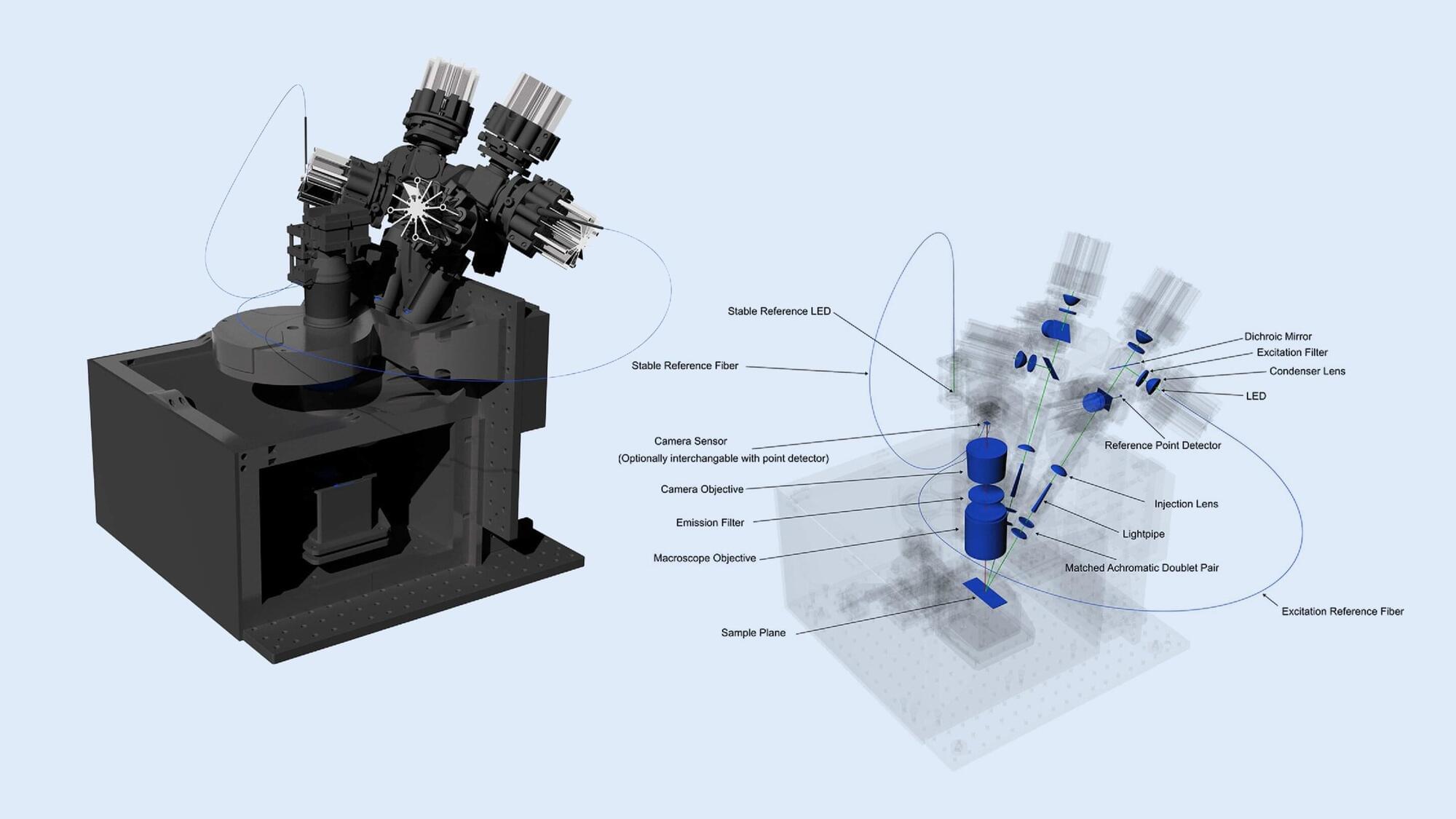When we get sick, with the flu, say, or pneumonia, there can be a period where the major symptoms of our illness have resolved but we still just don’t feel great.
“While this is common, there’s no real way to quantify what’s going on,” says Nikolai Jaschke, MD, Ph.D., who recently completed a postdoctoral fellowship at Yale School of Medicine (YSM) in the lab of Andrew Wang, MD, Ph.D., associate professor of internal medicine (rheumatology). “And unfortunately, we lack therapeutic tools to support people in this state.”
Jaschke noticed this while taking care of patients recovering from acute illnesses and, when he joined Wang’s lab, he began studying what was happening in the body during recovery. Through this work, Jaschke, Wang, and their colleagues uncovered a gut-to-brain signaling pathway in mice that restricts appetite—specifically for protein—during recovery. They published their findings on Nov. 4 in Cell.







